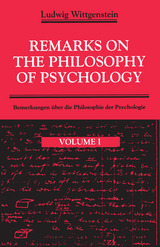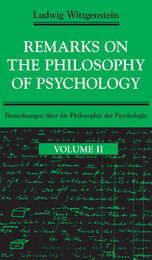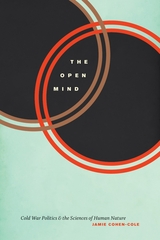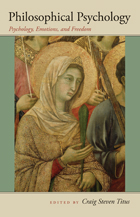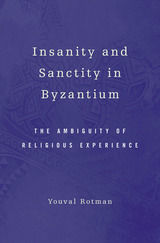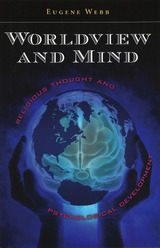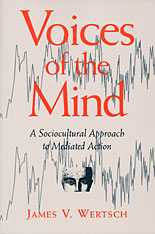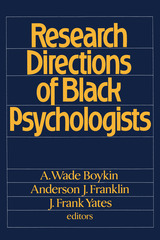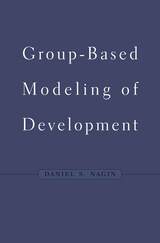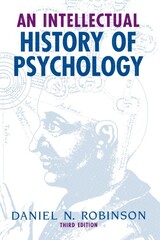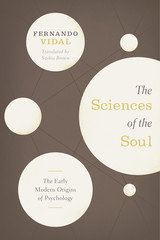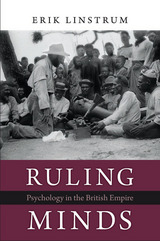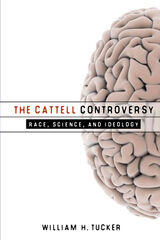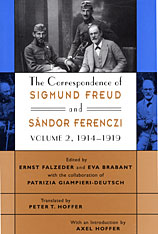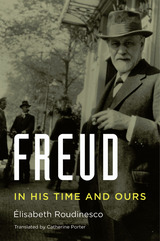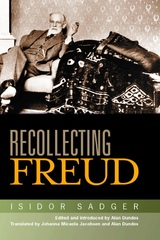Cloth: 978-0-299-14840-9 | Paper: 978-0-299-14844-7 | eISBN: 978-0-299-14843-0
Library of Congress Classification BF81.R65 1995
Dewey Decimal Classification 150.9
An Intellectual History of Psychology, already a classic in its field, is now available in a concise new third edition. It presents psychological ideas as part of a greater web of thinking throughout history about the essentials of human nature, interwoven with ideas from philosophy, science, religion, art, literature, and politics.
Daniel N. Robinson demonstrates that from the dawn of rigorous and self-critical inquiry in ancient Greece, reflections about human nature have been inextricably linked to the cultures from which they arose, and each definable historical age has added its own character and tone to this long tradition. An Intellectual History of Psychology not only explores the most significant ideas about human nature from ancient to modern times, but also examines the broader social and scientific contexts in which these concepts were articulated and defended. Robinson treats each epoch, whether ancient Greece or Renaissance Florence or Enlightenment France, in its own terms, revealing the problems that dominated the age and engaged the energies of leading thinkers.
Robinson also explores the abiding tension between humanistic and scientific perspectives, assessing the most convincing positions on each side of the debate. Invaluable as a text for students and as a stimulating and insightful overview for scholars and practicing psychologists, this volume can be read either as a history of psychology in both its philosophical and aspiring scientific periods or as a concise history of Western philosophy’s concepts of human nature.
See other books on: History | Intellectual History | Psychology | Robinson, Daniel N. | Science
See other titles from University of Wisconsin Press

